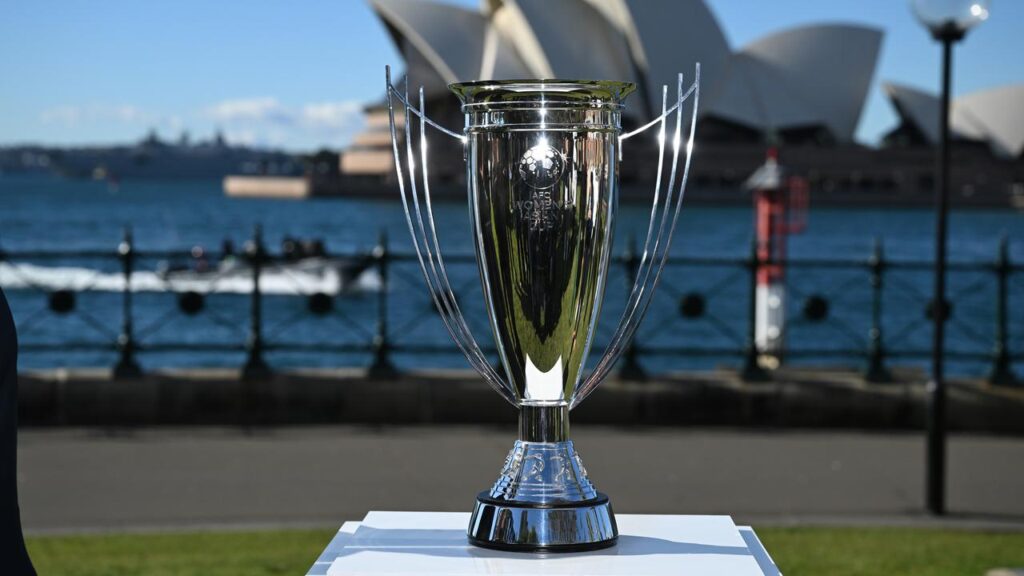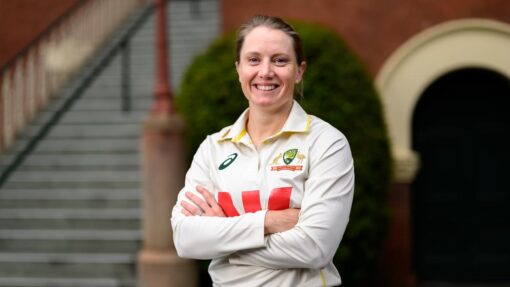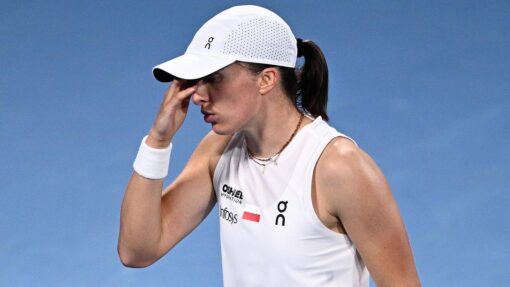National task force launched to combat match-fixing
Melissa Woods |

With Australia hosting a number of international sports tournaments in the lead-up to the 2032 Olympics, a national task force is being launched to tackle match-fixing.
Government watchdog Sport Integrity Australia (SIA) will bring together professional sports such as the AFL, NRL, Football Australia and Cricket Australia, law enforcement, wagering operators and government departments such as financial crime watchdog AUSTRAC.
The first meeting is in Melbourne on Wednesday, with the task force then set to narrow its focus to the upcoming Women’s Asian Cup – a 12-nation soccer tournament held in Australia from March 1-21.
Australian soccer has seen two spot-fixing cases in the courts in recent months involving players at men’s A-League clubs.
Former Macarthur Bulls captain Ulises Davila pleaded guilty at a Sydney court last week to corruption charges involving manipulation of yellow cards in A-League matches.

SIA’s head of international relationships and strategy James Moller said soccer had a higher-risk profile because of its global appeal.
“Soccer in particular, it’s the world game, so it sees a lot of betting overseas, and our leagues are considered to have high integrity,” Moller told AAP.
“They’re popular, they’re played at the right time zone, particularly for the Asian market, so our leagues do see a lot of betting from offshore.
“Most of that betting, like the vast majority, is not a concern – it’s how you identify those instances where there have been examples of corruption, identify and prosecute.”
He said there was no specific intelligence suggesting threats to the Asian Cup tournament, but there had been an increase in betting on women’s sport, with match-fixing risks attached to that.
“We’re definitely seeing examples globally of increased betting on women’s sport – cricket, football, basketball,” Moller said.
“Once there are betting markets, and particularly when there’s betting markets in that sort of illegal or unregulated space, that’s when the vulnerabilities start.
“And then there’s other risk factors, like if players aren’t being paid well, or aren’t being paid at all, they can be more vulnerable to approach.
“It can depend on their levels of education around match-fixing.”

He said the task force for the women’s soccer event was a “preventative approach”.
It could then be refined and adapted for upcoming tournaments such as the 2026 Rugby League World Cup, the men’s 2027 Rugby World Cup, the women’s equivalent in 2029 and the Brisbane Olympics in 2032.
“There’s nothing that’s triggered this, this is about prevention and deterrence, but nothing to suggest there is going to be any match-fixing,” said Moller, who worked with Victoria Police’s sport integrity unit for a decade before joining SIA.
“In some countries match-fixing is not criminal and might be considered more acceptable, so part of this is making it clear that match-fixing is a criminal offence in Australia, and there’s a dedicated response and our police do investigate.”
He said the Asian Cup task force would work through “scenario testing”, which would involve fleshing out the roles of different organisations in the case of a suspicious betting incident.
“Part of the idea for this meeting is really defining roles and responsibilities … just really working through different ideas, because it’s possible that different organisations would handle these things differently,” Moller said.
AAP


